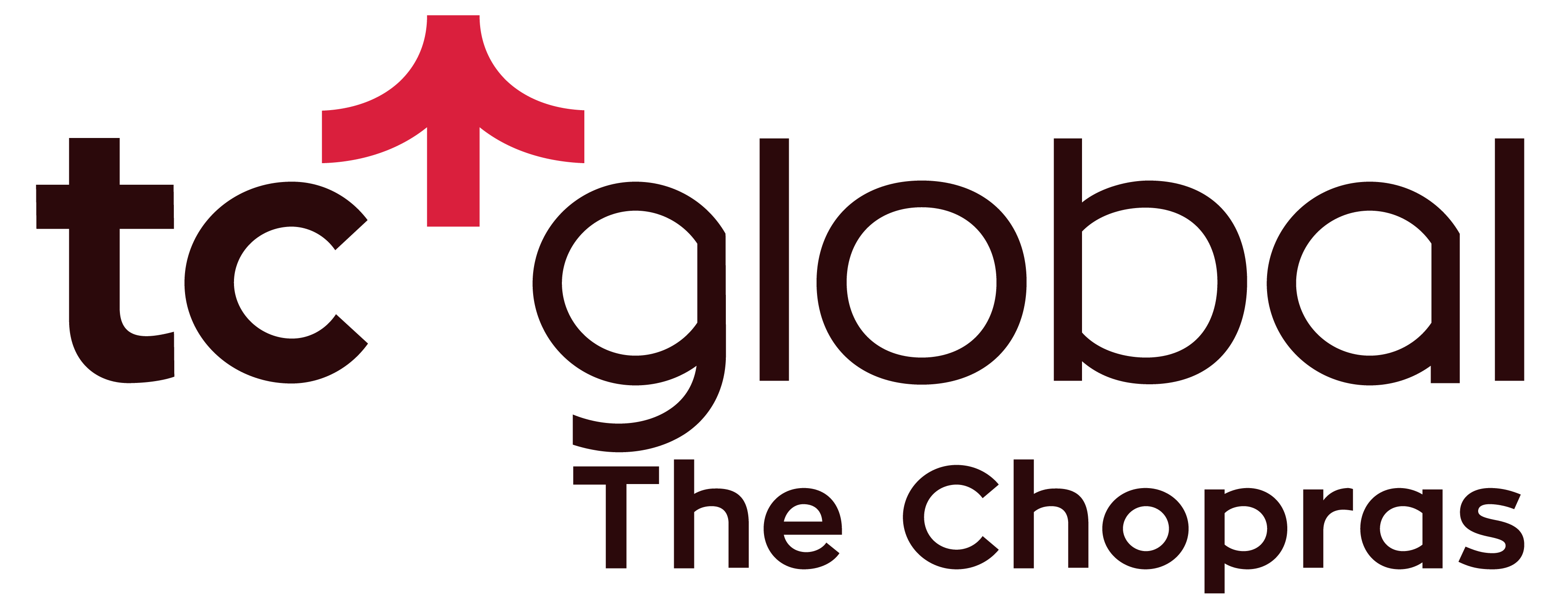Cryptocurrencies depend on blockchain technology in order to maintain transparent and immutable ledgers, whose timestamps cannot be tampered with. These concepts can be implemented in different scenarios so that the processes can remain untampered.
Some examples where blockchain can be implemented include banking scenarios, voting systems where voter frauds can be avoided using immutable timestamps, etc. IBM’s food trust blockchain makes use of the technology to track the paths taken by food before reaching its destination. Due to blockchain’s abilities, the metadata is made easily available, thus providing information about important issues such as where a particular disease-related to food products was first observed, where a food product was sourced from etc.
Banking and finance sectors too stand to gain from the application of blockchain technology. The transactions can be done quickly and from anywhere in the world, at any time. This would reduce the need for a customer to physically visit banks for each and every transaction while ensuring that their data is secure through the encryption processes put in place by a blockchain. Healthcare industries stand to gain from the technology as it can be used to store permanent patient records. This can revolutionise the way patients are diagnosed as no matter where they are in the world, the physicians would have access to a particular patient’s entire medical history. This could include the patient’s previous diagnoses, diet plans, medical allergies, etc. Through the use of blockchain, it can also be ensured that the records are not made publicly available, thereby protecting the patient’s privacy. In fact, the areas where blockchain can be applied are innumerable. It is only our creativity that is stopping us from determining where to use them.
What’s important to note is that blockchain developers have a huge demand in the market today – a demand that is only set to grow further.
To become a blockchain developer, one must first deal with the basics. It is important to learn about how blockchain works, how distributed networks work, how cryptography works, and how databases work. Cryptocurrency is the amalgamation of all the above concepts, so it is important to learn about them individually. In order to begin investing in crypto, one must learn about the difference between the existing financial systems and crypto, how investments work, learn about the trends of the day, and most importantly, learn to play it safe.
Mining is yet another profession related to cryptocurrency. Cryptomining, or mining, is the process of verifying different blocks in a blockchain that contain information about the transactions that occur. The entire scheme involves verifying the different transactions and adding the transactions as entries into the digital ledger. It also involves solving complex mathematical problems and other puzzles in order to generate currency, which gets credited to the “miner’s” account on a particular crypto network. A computer or a set of computers at a particular location that verify blocks are called miners. The process of mining is basically a competition where multiple miners compete to solve complicated mathematical puzzles in order to verify blocks in a network. Miners race to verify blocks in order to obtain coins. They are required to solve complicated problems in order to avail coins so it does require a certain level of mastery over mathematics and computer science in order to be on the top. The process of mining requires a lot of powerful and expensive hardware.
Many online courses are available for those interested in learning about investing in crypto, mining, blockchain development etc. It is quite possible that students with an accounting background may find themselves at a disadvantage if they do not possess a basic knowledge about blockchain and cryptocurrencies. Although there are many online courses for learning about the latest technologies, there are some universities that offer quality courses on different path-breaking concepts – these include, Massachusetts Institute of Technology, New York University, Universidad Europea de Madrid, ETH Zurich, Royal Melbourne Institute of Technology, Stanford University etc. UC Berkeley and Parity Technologies have come together in order to provide a platform for educational development of blockchain technology.













